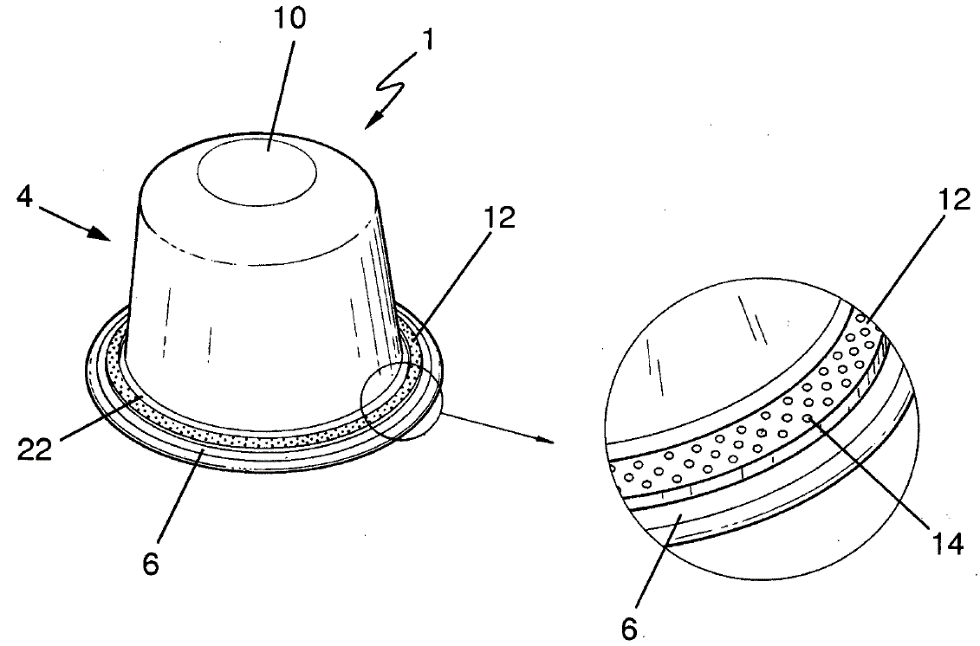When Can a Claim be Broadened After Grant?
It is well established that under Article 123(3) EPC, a patent (i.e. after grant) "may not be amended in such a way as to extend the protection it confers". The rationale behind this legal provision is to provide legal certainty to third parties.
The patent considered in T 2202/19 is directed to a coffee capsule. In the patent as granted, claim 1 defined, inter alia, a closing member (12) comprising "a plurality of discrete blind openings (14)… said blind openings not being concentric grooves". At opposition, the feature of "said blind openings not being concentric grooves" was found to add subject-matter, contravening Article 123(2) EPC, and the proprietor's request to delete this feature was refused because it would have led to a broadening of scope, thereby contravening Article 123(3) EPC.

At appeal, the proprietor requested the following changes to claim 1:
1) Replacement of the term "discrete blind openings" with "point-like blind openings" as a correction in translation of "hendiduras ciegas y puntuales" in the original Spanish-language PCT application; and
2) Deletion of "said blind openings not being concentric grooves".
A correction, if allowed, is deemed always to have been made and is therefore exempt from consideration under Article 123(3) EPC, which only relates to amendments.
Once the correction had been allowed, the Board of Appeal held that the deletion (2) above was allowable under Article 123(3), on the basis that the term "point-like blind openings" from the correction (1) excludes all blind openings which are concentric grooves, and hence the overall claim scope was not broadened.
Therefore, the above amendments were allowed.
This case shows a rare, and somewhat fortuitous, escape from an added subject-matter trap involving a deletion of a claim feature, all made possible by the discovery of a correctable translation error.
For more information, please speak to your usual J A Kemp adviser.
